Life
Sign up for our newsletter
We summarize the week's scientific breakthroughs every Thursday.
-
 Neuroscience
NeuroscienceFor neurons, birthday matters
How brain cells make their connections during development still isn’t well understood. A new study shows that in the eye, a neuron’s birthday makes a difference in how it finds its targets.
-
 Computing
ComputingBrain-inspired computer chip mimics 1 million neurons
By processing data in parallel, computer chips modeled after the human brain could perform certain tasks, such as pattern recognition, faster and more energy-efficiently than traditional computers.
By Andrew Grant -
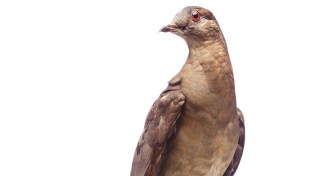 Animals
AnimalsHere’s your chance to see the last passenger pigeon
On display for the 100th anniversary of her species’ extinction, the final passenger pigeon specimen looks pretty good.
By Susan Milius -
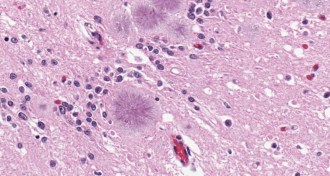 Health & Medicine
Health & MedicineNew tests screen for lethal prion disease
Urine and nasal swabs can detect small amounts of the abnormal prions that cause Creutzfeldt-Jakob disease.
By Nsikan Akpan -
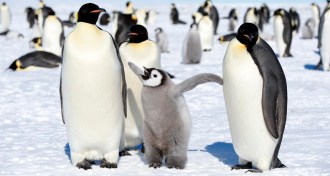 Animals
AnimalsOctomom and six other extreme animal parents
The octopus that brooded her young for 4.5 years is just the start when it comes to tales of extreme parenting.
-
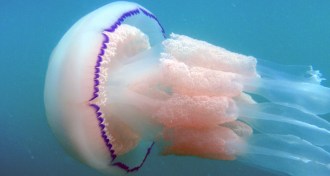 Computing
ComputingBarrel jellyfish may hunt with new kind of math
Barrel jellyfish use a new type of mathematical movement pattern to forage for food, a new study suggests.
-
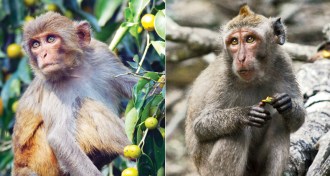 Life
LifeAirborne transmission of Ebola unlikely, monkey study shows
No evidence found of macaque monkeys passing deadly virus to each other.
-
 Genetics
GeneticsDebate rages over mouse studies’ relevance to humans
Last year, researchers said rodents are not good mimics of human inflammation; a new study says the reverse.
-
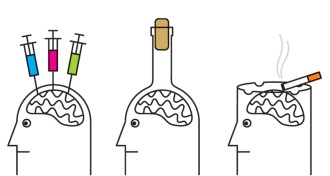 Psychology
PsychologyAddiction showcases the brain’s flexibility
People with substance abuse disorders are not just chasing a high. Their brains are adapting to the presence of drug, evidence of humans’ impressive neural plasticity.
-
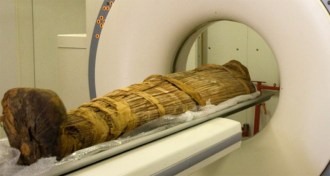 Health & Medicine
Health & MedicineMummies reveal hardened arteries
Mummy studies suggest heart disease is an ancient malady, not just the product of modern diets and sedentary lifestyles.
-
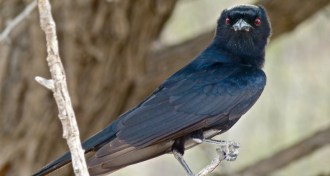 Animals
AnimalsDrongos deceive but weavers let them
The fork-tailed drongos of Africa manipulate others to get a meal, but there is good reason to let them get away with the deception.
-
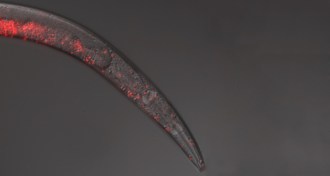 Animals
AnimalsNematode sperm go rogue
Worm sperm a killer when nematode species crossbreed.
By Susan Milius